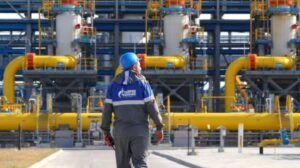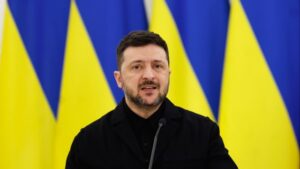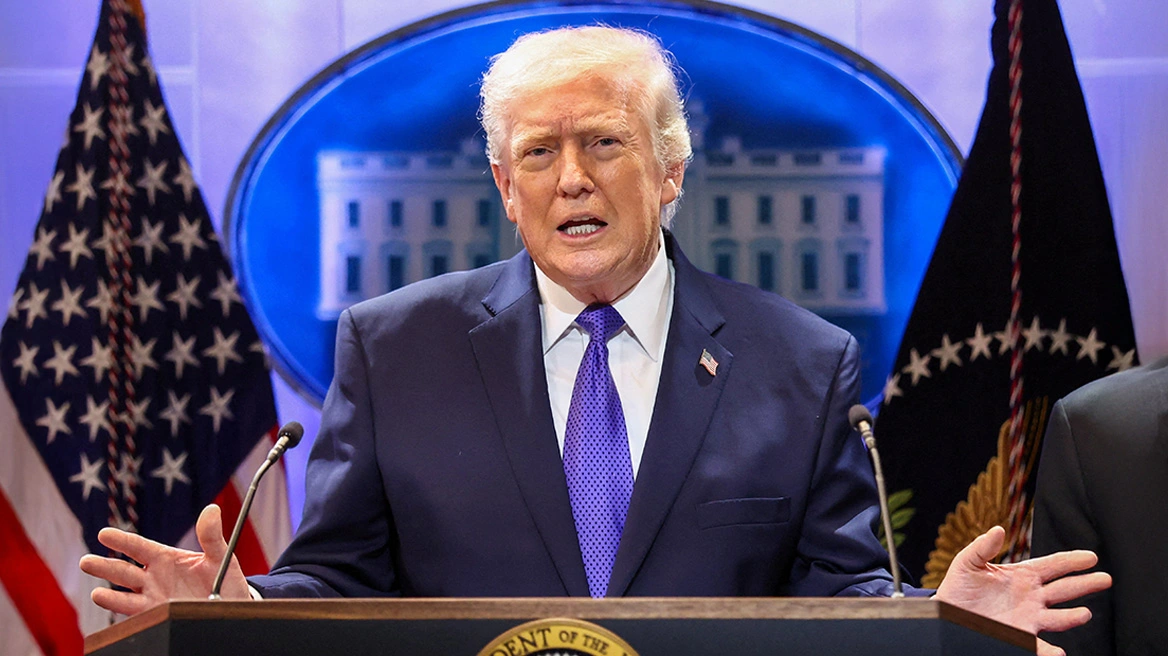The disruption of the flow of Russian gas to the breakaway region of Moldova, Transnistria, has forced all industrial enterprises to close, except food producers, an official said today.
This mainly Russian-speaking region of about 450,000 people, which broke away from Moldova in the 1990s when the Soviet Union collapsed, suffered a painful and direct blow when the flow of Russian gas to central and eastern Europe through Ukraine was cut off yesterday.
All industrial enterprises are idle, with the exception of those involved in food production – that is, food security for Transnistria, Sergey Obolonik, the region’s first deputy prime minister, told a local news channel.
“It is too early to judge how the situation will develop… The problem is so widespread that if it is not resolved for a long period, we will have irreversible changes – that is, businesses will lose the ability to reopen.”
Ukraine has allowed Russia to keep gas flowing through its territory despite three years of ongoing war, collecting up to a billion euros in transit fees. But Kyiv has refused to renew the five-year deal, which expired on Wednesday.
European buyers of Russian gas, such as Slovakia and Austria, had prepared for the disruption by securing alternative supplies. But Transnistria, despite its ties to Moscow and the presence of 1,500 Russian troops there, was paralyzed.
Measures to deal with the cold
The local power company cut off heating and hot water to households on Wednesday, urging families to gather in a single room, cover windows with curtains or blankets, using electric heaters to get some warmth.
Transnistrian leader Vadim Krasnoselsky said the region has gas reserves that could probably last for 10 days of limited use in the northern parts and twice as long in the south.
He said the main power plant now runs on coal rather than natural gas and should be able to provide electricity to residents in January and February.
Russia has been supplying about 2 billion cubic meters of natural gas annually to Transnistria, including the power plant that generates energy for all of Moldova, a country of 2.5 million people seeking to join the European Union.
Moldova has a long history of confrontation with Russia over payments for the natural gas it received and strained relations. The former Soviet republic is trying to reduce its energy dependence by at least a third and imports 60 percent of its needs from neighboring Romania.
Ukrainian President Volodymyr Zelensky called the end of Russian gas transit “one of Moscow’s greatest defeats” and urged the United States to supply more gas to Europe.
Since the start of the Russian invasion of Ukraine, Europe has reduced its dependence on Russian energy sources and increased its imports from other sources, including pipeline gas from Norway and liquefied natural gas (LNG) from the United States and Qatar.
In a statement today, Russian Foreign Ministry spokeswoman Maria Zakharova said the loss of Russian gas is hurting Europe economically and that the U.S. is the beneficiary.
“The responsibility for the disruption of Russian gas supplies lies entirely with the United States, the puppet regime in Kyiv, as well as the authorities of European states that sacrificed the well-being of their citizens for the sake of providing economic support to the US economy,” she said.
Ask me anything
Explore related questions





